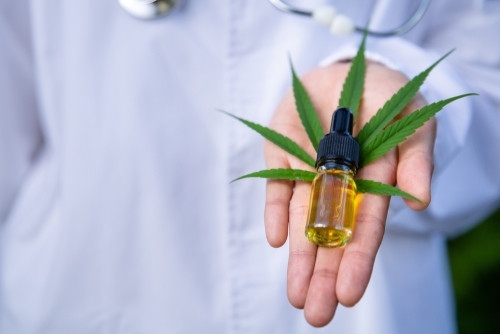
Phantom limb pain, also known as phantom pain, affects 60–80% of amputees. It causes pain to be felt in a bodily part that no longer exists. Tingling, throbbing, sharp, or pins & needles are common descriptions of pain.
Trauma, infection, vascular issues, cancer, or congenital limb deformities can all result in amputation. Although phantom pain is most frequent in the limbs, it can happen after surgery on any portion of the body. It might start right after the amputation or take months or years to manifest.
Sadly, there are few options for treating phantom pain. Opioid medicines are prescribed by certain doctors, although they are not always effective. They also come with a considerable potential of harmful side effects and addiction. Antidepressant and anticonvulsant medicines are other alternatives. Although these treatments are not intended to reduce pain, they do aid in the regulation of nervous system impulses.
Some people may be asking if CBD might assist with phantom pain now that it is becoming more popular. Let us see if it is effective.
CBD For Phantom Pain
For ages, people have relied on cannabis and its derivatives to ease the pain. However, the majority of the study has been on the cannabinoid THC. It is this molecule that gives cannabis many of its medicinal properties as well as its intoxication properties. A review published in the Cochrane Library in 2018 looked at the effects of cannabis on neuropathic pain. It looked at whole-plant cannabis, THC/CBD oral spray, and two synthetic cannabinoids in research.
While the research showed that many individuals achieved pain relief, there was a substantial chance of negative side effects. CBD may be able to provide extra benefits in this situation. CBD, unlike THC, has no intoxication properties. It is usually well tolerated with a favorable safety profile, according to a World Health Organization report. While CBD may have minimal negative effects, they are insignificant compared to those caused by THC or other powerful medications.
A study published in the journal Postgraduate Medicine in 2020, for example, had promising outcomes. For eight weeks, it monitored 97 chronic pain patients as they added CBD to their existing treatment regimes. During that period, 53% of the patients cut back or discontinued taking opioid medications. Furthermore, 94% said their standard of living had improved. Better sleep and less pain intensity and interference were among the benefits.

